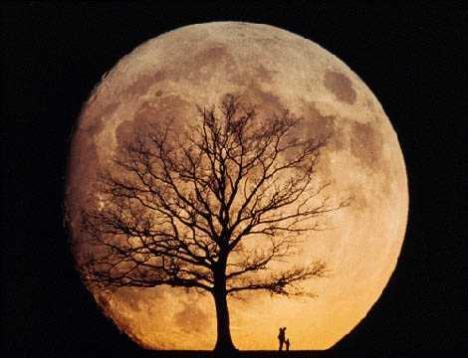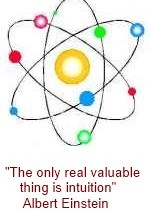
Pantheism is older than Buddhism or Christianity, and may already count hundreds of millions among its members. Most Taoists are pantheists, along with many Chinese, Japanese and Western Buddhists, deep ecologists, pagans, animists, followers of many native religions, and many Unitarian Universalists. The central philosophical scriptures of Hinduism are pantheistic. Many atheists and humanists may be naturalistic pantheists without realizing it.
Scientific or natural pantheism is a modern form of pantheism that deeply reveres the universe and nature and joyfully accepts and embraces life, the body and earth, but does not believe in any supernatural deities, entities or powers.
For Scientific Pantheists, nature is every thing past, present, and future. Nature is “security, mother, home, and peace” . How did the world, which we reside in, come to be? The universe creates, preserves, and destroys all. Human beings are made of the same matter and energy as the universe. Every aspect of this universe – matter, energy, and life – is inseparably interconnected with every other aspect. Even when human beings die, their carcasses will be reabsorbed back into nature from where they originated – there is no reincarnation, according Scientific Pantheists.
This universe is human beings’ home – not a place of exile. There are no other “imaginary worlds” (Harrison); therefore, there is no heaven or hell. Separation from nature is the only hell, which is more of a state of existence rather than a place. Even if a human being were to become separated from nature, there is no judgment – no punishment by supernatural agencies. For that matter, there is no reward by supernatural agencies for staying connected with nature.
Instead of explaining human beings’ existence through a mystical/mysterious approach, Scientific Pantheists adopt a scientific approach to Reality. Reality is divine. Reality encompasses “power, mystery, awe, creation, [and] omnipresence” (Harrison). Human beings are supposed to honor reality and keep their minds in tune to what their senses tell them and keep up-to-date with science’s quest for deeper understanding. According to Scientific Pantheists, human beings’ purpose while alive is to try to know Reality better by continuous encounter and study of nature. Empiricism, the idea that in order for some unknown to be accepted it must be repeated by others and verified by others.

Related Pages:
Deep Ecology
Filed under: science | Tagged: flow, insight, large picture, natural, nature, Pantheism, perception, Scientific Pantheism, spiritual, subconscious, universe |




Hi,
Check out Paul Harrison at link below
http://www.newstatesman.com/blogs/the-faith-column/2008/06/pantheism-physical-life-sex
Sid
It may be an overstatement that pantheism is so old. We can guess, and we can cast our beliefs into what we see in the ancients, but our animist and pagan ancestors I think had a poor understanding of the hope and the universality pantheism teaches us today. Our species has learned a lot; I think we actually have grown, not just rediscovered some ancient knowledge. And through our growth, the universe grows too, at least in our little corner.
Even so, thanks for a nice painting of Scientific Pantheism. Who is Harrison?